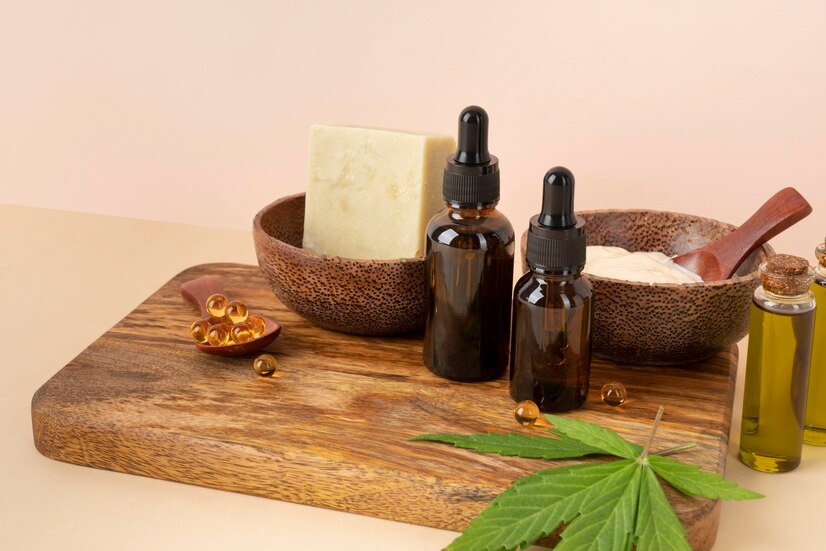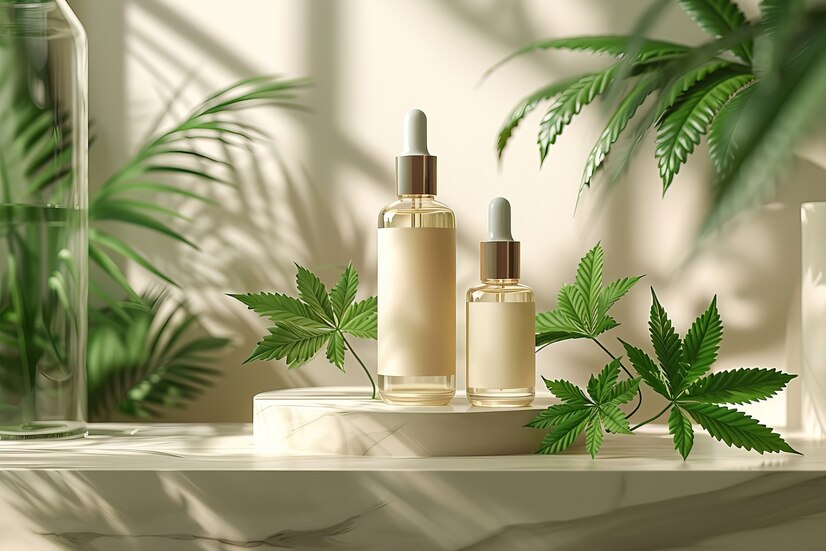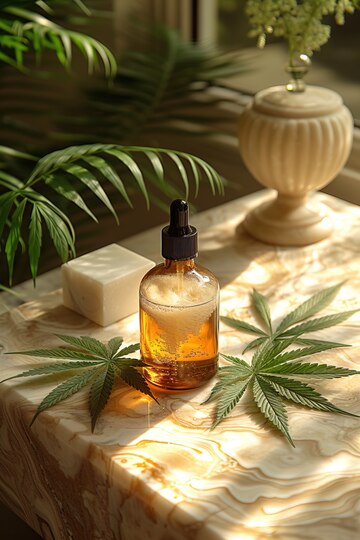Table of contents
As the popularity of cannabis-based products like CBD oil continues to grow, so does the confusion surrounding the difference between hemp and marijuana, especially when it comes to legal status. While both hemp and marijuana come from the same plant species—Cannabis sativa—they are legally and chemically distinct, which has major implications for growers, users, and businesses alike.
In this post, we’ll dive deep into the difference between hemp and marijuana, how their legal statuses vary across countries and states, and what consumers need to know before purchasing or using either one.
What’s the Core Difference Between Hemp and Marijuana?

Scientifically, both hemp and marijuana belong to the Cannabis sativa species. The main difference lies in their THC content, the psychoactive compound that produces a “high.”
- Hemp contains 0.3% THC or less (by dry weight), which means it does not cause intoxication.
- Marijuana typically contains more than 0.3% THC, often ranging between 5% and 30%, and is known for its psychoactive effects.
This difference is not just scientific—it’s also legal. Regulatory bodies use the THC content to classify a cannabis plant as hemp or marijuana, and that classification determines how the plant is treated under the law.
The Legal Landscape: Hemp vs. Marijuana

🟢 Hemp Laws
In the United States, the 2018 Farm Bill federally legalized hemp and hemp-derived products, provided they contain less than 0.3% THC. This opened the door for legal production, sale, and use of hemp-derived CBD and other products across many states.
Globally, countries like Canada, Australia, and many European nations also allow the cultivation and sale of hemp under similar THC restrictions. Hemp is widely used in industrial applications—from textiles to health supplements.
🔴 Marijuana Laws
In contrast, marijuana remains a controlled substance at the federal level in the U.S., though more than half of U.S. states have legalized it for medical or recreational use.
Internationally, marijuana laws vary greatly:
- Canada and Uruguay have fully legalized marijuana.
- Germany, Italy, and the Netherlands allow it for medical use.
- Many countries in Asia and the Middle East continue to enforce strict penalties for marijuana possession or use.
Why the Confusion Exists
Because hemp and marijuana are both cannabis, many consumers—and even lawmakers—mistakenly treat them as the same. This misunderstanding has led to confiscations, arrests, and bans on hemp products, even in places where they are technically legal.
For example, some law enforcement agencies have trouble differentiating between legal hemp flower and illegal marijuana flower, which can lead to delays or legal complications for growers and distributors.
How This Affects Consumers
As a consumer, knowing the difference between hemp and marijuana is critical to staying on the right side of the law. Here’s what you need to keep in mind:
- Always verify THC content before buying a product.
- Check local laws, especially if you’re purchasing or traveling with hemp-derived products.
- If you’re using CBD, ensure it is derived from hemp and comes with a Certificate of Analysis (COA).
- Be cautious with full-spectrum CBD products, as they may contain trace amounts of THC.
5 Frequently Asked Questions (FAQ)
No. Hemp and marijuana are both cannabis plants, but hemp contains less than 0.3% THC and does not produce a high, whereas marijuana contains more THC and is psychoactive.
This depends on your country or state. In the U.S., growing hemp typically requires a license, even though it’s legal federally.
No. Hemp contains only trace amounts of THC, which is not enough to produce any intoxicating effects.
Marijuana remains controversial due to its psychoactive effects and historical classification as a controlled substance. Legalization depends on social, political, and health factors.
Look at the THC content. CBD products derived from hemp will contain 0.3% THC or less. Reputable brands will provide lab test results confirming this.
Final Thoughts
Understanding the difference between hemp and marijuana is essential—not just for staying compliant with the law, but for making informed health and wellness decisions. As more regions evolve their cannabis regulations, being aware of the scientific and legal distinctions will empower you as a consumer or business owner.
Whether you’re using CBD oil, hemp lotion, or medical marijuana, always research your local laws, understand your product’s contents, and stay informed on global cannabis legislation.





